|
The internet, and especially social media, offers a space for everyone from experts to quacks to have their say on emotive, controversial issues like vaccinations. This has blurred the lines between fact and opinion, making it difficult to tell whether information is credible or not. Marina Joubert and Francois van Schalkwyk explain how this has empowered the anti-vaccine movement.
Some researchers believe that there’s nothing to be gained by including more women in politics, while others have shown that increasing the number of women in a country’s parliament is associated with a variety of positive health outcomes. Susan Dodsworth explores how women’s political representation is playing out in various African countries.
|
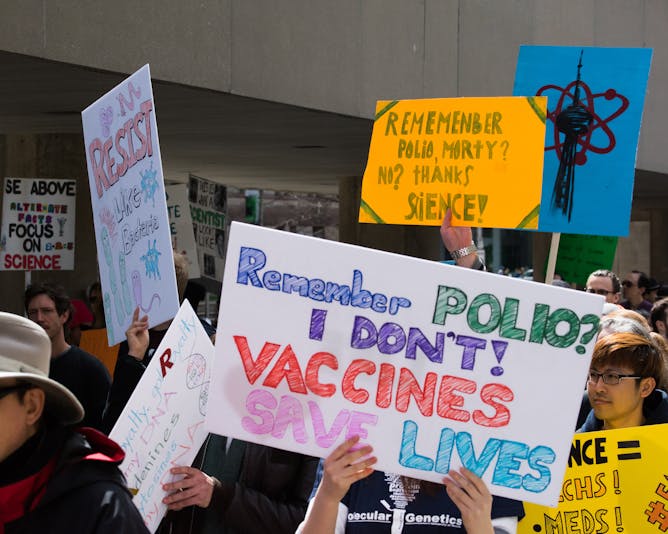
Vaccines are an important health intervention.
Shutterstock
Marina Joubert, Stellenbosch University; Francois van Schalkwyk, Stellenbosch University
Effective communication strategies will be crucial if scientists want to counter the worrying anti-vaccination trend.
|
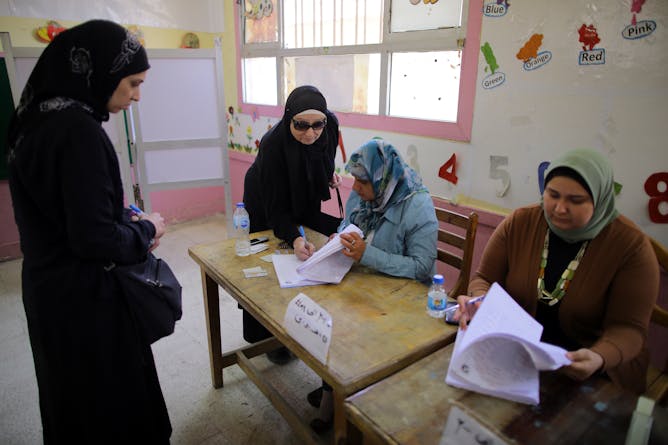
Moves are afoot to ensure 25% of Egyptian MPs are women.
EPA-EFE/Khaled Elfiqi
Susan Dodsworth, University of Birmingham
Opening up positions of political power to women will lead to effective and better implemented development policies.
|
Environment + Energy
|

Robert Scholes, University of the Witwatersrand; Rod Crompton, University of the Witwatersrand
It's too soon for South Africa to start counting its chickens over the recent offshore gas find by global energy giant Total.
| |
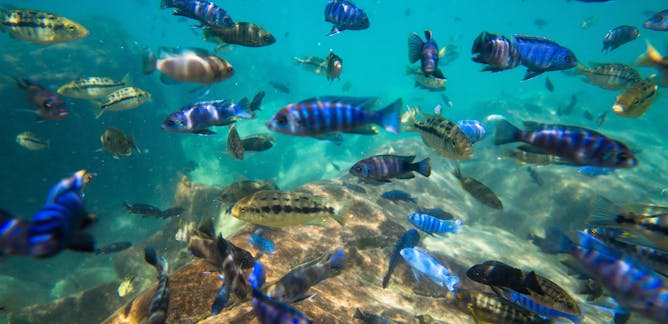
Olaf Weyl, South African Institute for Aquatic Biodiversity
Lake Malawi is considered a biodiversity treasure because almost all its species occurs nowhere else on the planet.
|
|
|
Arts + Culture
|
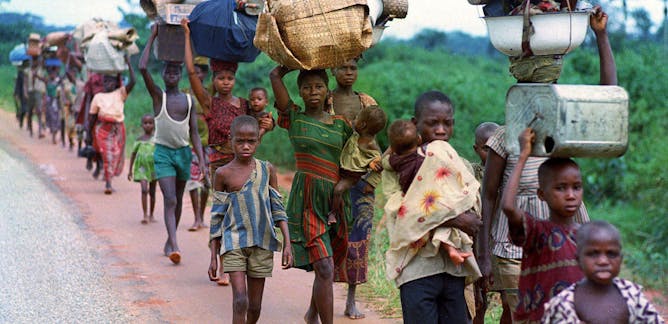
Chigbo Arthur Anyaduba, University of Winnipeg
Nigerian poets and novelists have compared the Igbo massacres in the 60s to the Holocaust as a way to drive international attention to the atrocities.
| |
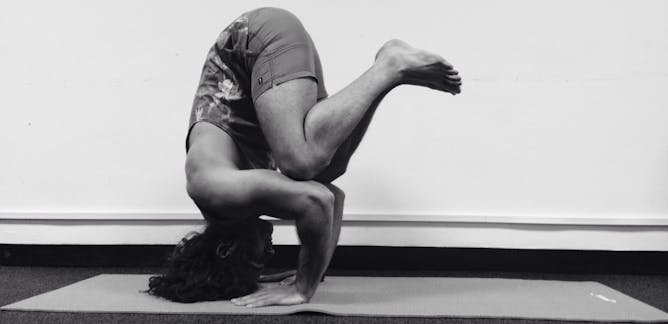
Carla Tsampiras, University of Cape Town; Nolwazi Mkhwanazi, University of the Witwatersrand
Medical and Health Humanities conversations and collaborations about health are growing and gaining momentum in Africa.
|
|
|
From our international editions
|

Jill Timms, Coventry University; David Bek, Coventry University
Many roses are grown in energy-intensive greenhouses, shipped long distances or treated with chemicals. Here's what to ask your florist or supermarket.
| |

Martin Archer, Queen Mary University of London
The Earth's magnetic field has a beat, scientists discover.
|
|
|